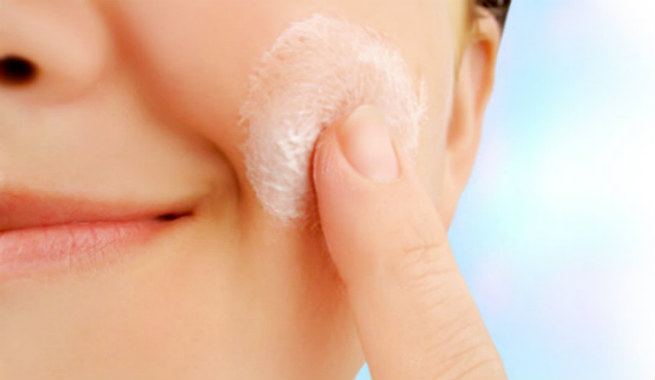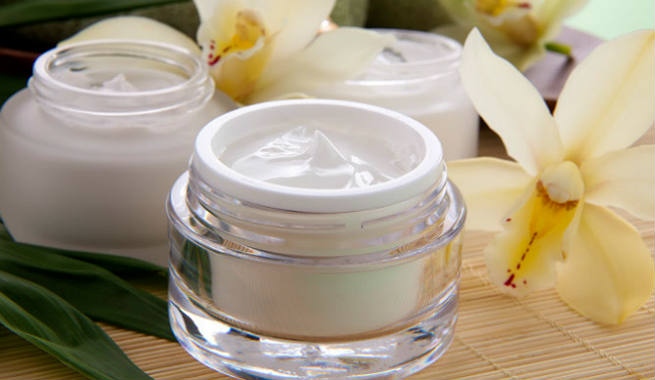Guidelines to Choose the Right Moisturizer
It may sound very simple and easy, but it is, in reality, one of the most confusing tasks that you need to do for taking the utmost care of your skin. Yes, we are talking about choosing the right moisturizer from dozens of budget-friendly to high-end products available in the market. Do you feel overwhelmed each time you visit to a cosmetic store? Need a guideline for discovering the perfect moisturizing product? Read on below:

How Does a Moisturizer Work?
When it comes to picking out the best skin moisturizer from myriad options, knowing the way the product actually works becomes crucial. Let’s start with some simple moisturizer basics and go ahead with the factors that need to be taken into account for making the best choice.
A moisturizer is a must for a dry skin, rough and patchy skin. It penetrates the surface of the skin and goes deep into its layers in order to keep the skin soft, supple and sufficiently hydrated. Basically, it seals the natural moisture of the skin into its outermost layer by strengthening the barrier function. At the same time, it also prevents the skin surface from drying out by pulling moisture to it from the deepest layers.
Things to Consider When Picking a Moisturizer
Now the question is, how to decode the commercially available moisturizing products and grab the best one to improve your skin? Well, you must know the fact that not everybody needs to use a skin moisturizer. While some people simply can’t think a day without it, others may find themselves to be complete grease balls after slapping it on. So, the secret lies in finding the type of your skin, determining its requirements, identifying the moisturizer types, and thus landing the most suitable one. Here are the things that you should consider while looking for the most effective moisturizing solution for your skin:

- Type of Skin
Your search for the right moisturizer should start with the knowledge of your skin type. Do you have an oily skin that keeps ‘gifting’ you lots of unwanted shine and breakouts? Does your skin feel dry and stretchy all the time with some visible rough patches here and there? Or you may have a normal or combination skin that lies somewhere between oily and dry. Once you are able to figure it out, you become game for your perfect moisturizer-hunt. As a general rule, an oily skin needs a lightweight water-based (oil-free) moisturizer, a dry skin requires a richer heavier (mostly oil-based) version and a sensitive skin should be treated with a hypoallergenic product. In addition, we (including those with sensitive skin) should always opt for a non-comedogenic moisturizer so that we do not end up clogging our skin pores.
- Active Ingredients
The next step is to know about the ingredients present in your moisturizer. So next time you visit a skin care store, do not just pick an attractive bottle of moisturizer from the shelf randomly. Rather, go through its label thoroughly and try to recognize at least the first five components mentioned there. A good moisturizer should contain some of the most common active ingredients like mineral oil or petrolatum, vegetable glycerin,hyaluronic acid or sodium hyaluronate, essential oils (jojoba oil, squalane oil, etc.), lanolin, propylene glycol, dimethicone, urea, vitamins, proteins, and so on. These are the most helpful moisturizing ingredients that you can find ever in commercial products.
- Harmful Ingredients
While reading the label of a moisturizer, it is equally important to check whether it contains any skin-harming ingredient or not. There is a whole bunch of chemical compounds that are used in synthetic moisturizers deliberately, thereby causing irritation or severe damages to the skin. Hence, make sure that the product sorted by you doesn’t comprise fragrance or perfume, alcohol, acidic compounds, retinol etc.
- Texture and Feel
Now, it’s time to consider the texture as well as feel of the moisturizer. It should neither be too heavy nor too light in consistency. The texture must be silky smooth instead of greasy or sticky. These will ensure that the product glides on the skin and penetrates it easily. Moreover, it will induce absolutely the right amount of moisture in the skin cells.

- Sun Protection Factor
Never ever go for a moisturizer that doesn’t come with enough sun protection. According to experts, a moisturizing product must have SPF 30 or more to provide protection to our skin from the detrimental UV rays of the sun. However, not many brands offer skin moisturizers with added sun protection and those, which do, may not be very stable. Therefore, in case you can’t get one, use a good quality sunscreen along with your regular moisturizer.
To Keep or Not to Keep?
Purchasing a moisturizer considering all the aforementioned factors doesn’t guarantee that you have landed the right product. Whether it actually works for you or not can only be found out through a trial-and-error method. Be patient and keep using it religiously. If the tone and texture of your skin improves appreciably after a few weeks, you are all good to go. Otherwise, start your search afresh.
Post a Comment